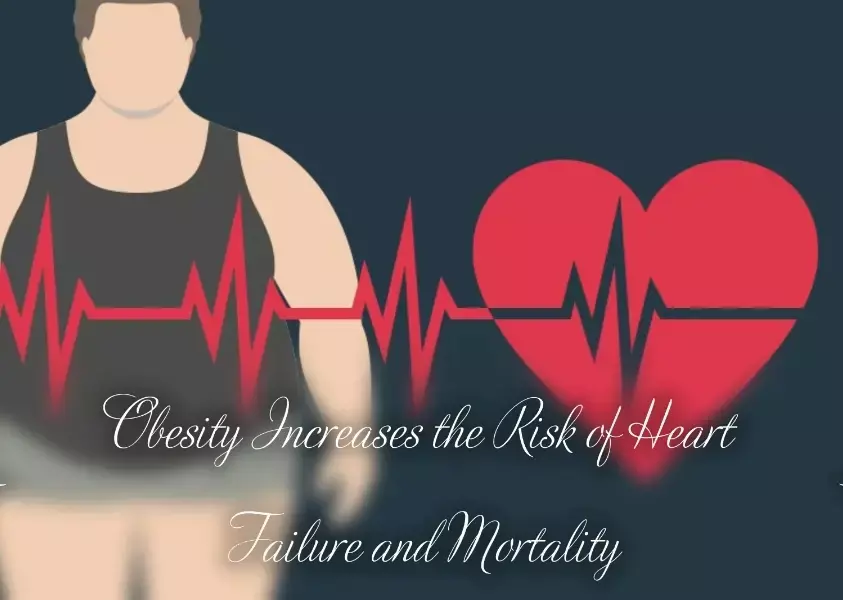- Home
- Medical news & Guidelines
- Anesthesiology
- Cardiology and CTVS
- Critical Care
- Dentistry
- Dermatology
- Diabetes and Endocrinology
- ENT
- Gastroenterology
- Medicine
- Nephrology
- Neurology
- Obstretics-Gynaecology
- Oncology
- Ophthalmology
- Orthopaedics
- Pediatrics-Neonatology
- Psychiatry
- Pulmonology
- Radiology
- Surgery
- Urology
- Laboratory Medicine
- Diet
- Nursing
- Paramedical
- Physiotherapy
- Health news
- Fact Check
- Bone Health Fact Check
- Brain Health Fact Check
- Cancer Related Fact Check
- Child Care Fact Check
- Dental and oral health fact check
- Diabetes and metabolic health fact check
- Diet and Nutrition Fact Check
- Eye and ENT Care Fact Check
- Fitness fact check
- Gut health fact check
- Heart health fact check
- Kidney health fact check
- Medical education fact check
- Men's health fact check
- Respiratory fact check
- Skin and hair care fact check
- Vaccine and Immunization fact check
- Women's health fact check
- AYUSH
- State News
- Andaman and Nicobar Islands
- Andhra Pradesh
- Arunachal Pradesh
- Assam
- Bihar
- Chandigarh
- Chattisgarh
- Dadra and Nagar Haveli
- Daman and Diu
- Delhi
- Goa
- Gujarat
- Haryana
- Himachal Pradesh
- Jammu & Kashmir
- Jharkhand
- Karnataka
- Kerala
- Ladakh
- Lakshadweep
- Madhya Pradesh
- Maharashtra
- Manipur
- Meghalaya
- Mizoram
- Nagaland
- Odisha
- Puducherry
- Punjab
- Rajasthan
- Sikkim
- Tamil Nadu
- Telangana
- Tripura
- Uttar Pradesh
- Uttrakhand
- West Bengal
- Medical Education
- Industry
Obesity causally increases risk of both heart failure incidence and mortality

Obesity has become a major public health challenge as cumulative evidence suggests that increased adiposity is a causative risk factor for diverse adverse health outcomes. A recent study suggests that a high body mass index (BMI) causally increases the risk of both heart failure incidence and mortality. The study findings were presented at the AHA Scientific Sessions 2021 and published in the journal Circulation on 8 November 2021.
Obesity can directly impact diseases or syndromes but is also subject to reverse causality, whereby the presence of the disease may influence the BMI. Therefore, researchers of the Copenhagen University Hospital, conducted a study to evaluate whether high BMI causally influences heart failure incidence and mortality.
It was an observational and Mendelian randomisation causal, genetic analysis in which researchers studied 106,121 individuals from the Copenhagen General Population Study, 18,407 from the Copenhagen City Heart Study, and 977,323 from publicly available databases.
Key Findings of the study Were:
- Upon observational analyses in the Copenhagen studies with 10 years of median follow-up, the researchers found that the multivariable-adjusted hazard ratios per 1 kg/m2 increment of BMI were
♦1.06 (n=124,528; events=6,589) for heart failure incidence,
♦1.04 (n=124,528; events=1,237) for heart failure mortality, and
♦1.01 (n=124,528; events=24,144) for all-cause mortality.
- Upon genetic analyses in the Copenhagen studies, they noted that the age and sex adjusted causal risk ratios per 1 kg/m2 increment of BMI were
♦1.19 (n=118,200; events=6,541) for heart failure incidence,
♦1.27 (n=118,200; events=889) for heart failure mortality, and
♦1.11 (n=118,200; events=16,814) for all-cause mortality.
- Combining genetic data from the Copenhagen studies, the Genetic Investigation of ANthropometric Traits (GIANT), the Heart Failure Molecular Epidemiology for Therapeutic Targets (HERMES), and the UK Biobank, they observed that unadjusted causal risk ratios per 1 kg/m2 increment of BMI were
♦1.39 (n=1,095,523; events=53,850) for heart failure incidence,
♦1.18 (n=576,853; events=2,373) for heart failure mortality, and
♦1.02 (n=576,853; events=44,734) for all-cause mortality.
The authors concluded, "High body mass index causally increases the risk of both heart failure incidence and mortality. Obesity should be recognised as a causal factor for development of heart failure, heart failure mortality, and all-cause mortality in treatment guidelines."
For further information:
https://www.ahajournals.org/doi/abs/10.1161/circ.144.suppl_1.12326
Medical Dialogues Bureau consists of a team of passionate medical/scientific writers, led by doctors and healthcare researchers. Our team efforts to bring you updated and timely news about the important happenings of the medical and healthcare sector. Our editorial team can be reached at editorial@medicaldialogues.in.
Dr Kamal Kant Kohli-MBBS, DTCD- a chest specialist with more than 30 years of practice and a flair for writing clinical articles, Dr Kamal Kant Kohli joined Medical Dialogues as a Chief Editor of Medical News. Besides writing articles, as an editor, he proofreads and verifies all the medical content published on Medical Dialogues including those coming from journals, studies,medical conferences,guidelines etc. Email: drkohli@medicaldialogues.in. Contact no. 011-43720751


